Keywords: Refugees
There are more than 200 results, only the first 200 are displayed here.
-
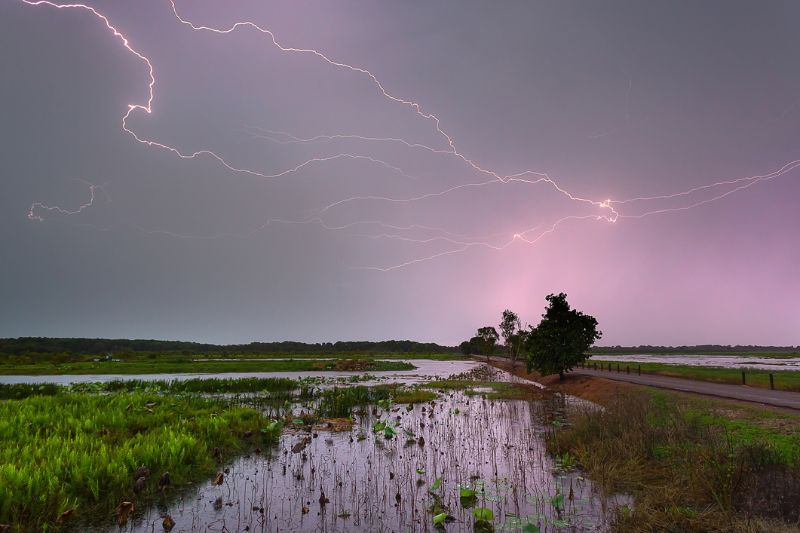
ARTS AND CULTURE
- Tony London
- 18 October 2022
Change of season is upon us, / hot unseasonal days have drained us, / human sponges squeezed by the hands / of humidity, but the nights are becomingcool, a relief for bodies and minds in need / of withdrawal and replenishment of deep sleep, but in all of this there is some wakefulness, and there are some choristers returned, in these dogwatch hours.
READ MORE 
-
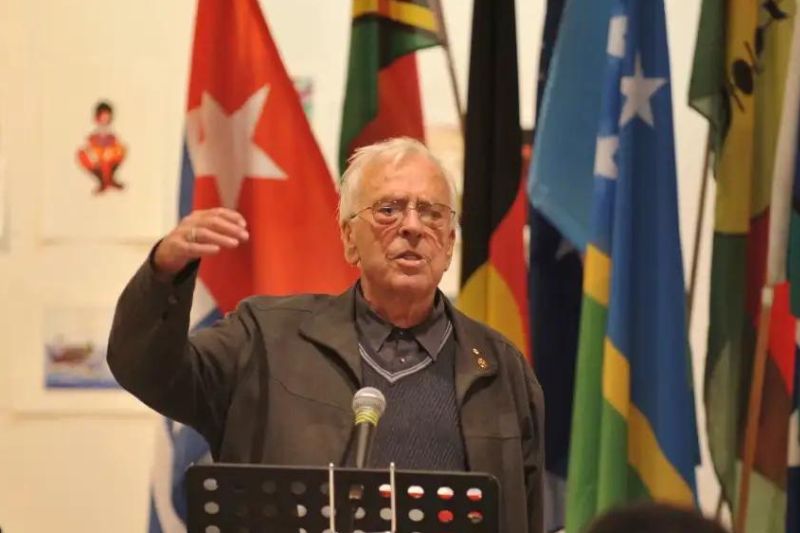
AUSTRALIA
- Andrew Hamilton
- 10 October 2022
8 Comments
Two weeks ago, Bishop Hilton Deakin died. My memories of him are inextricably tied to the Mass he celebrated in 1999 at St Patrick’s Cathedral in Melbourne, certainly the most emotionally charged event that I have seen there, following the violence orchestrated by the Indonesian military following the Referendum on Independence in East Timor. During the struggle for Independence, many East Timorese had joined the Catholic Church.
READ MORE 
-
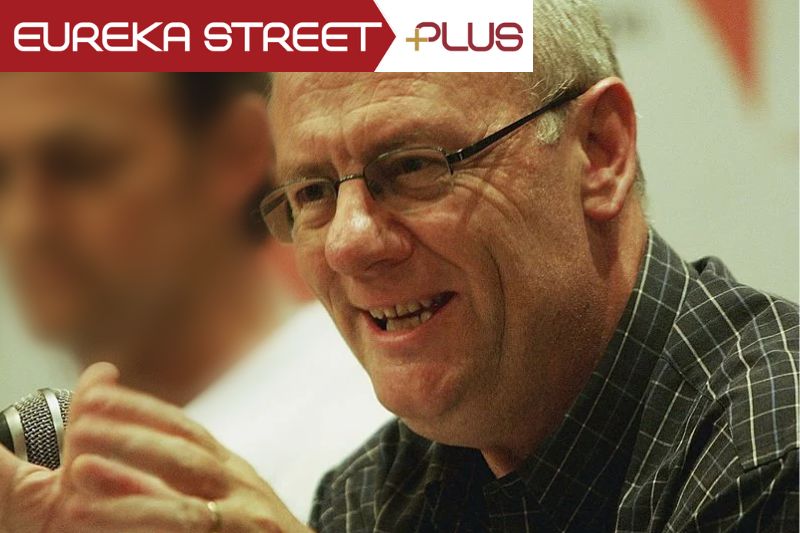
AUSTRALIA
- Barry Gittins, Tim Costello
- 07 October 2022
1 Comment
Reverend Tim Costello's informal status as a nagging conscience to many Australian governments, including the Howard government in which his brother Peter served as federal treasurer, was formally acknowledged when the National Trust of Australia chose him as a ‘National Living Treasure’. Barry Gittins speaks to Tim Costello about the nature of power, and its place and exercise in public life.
READ MORE 
-
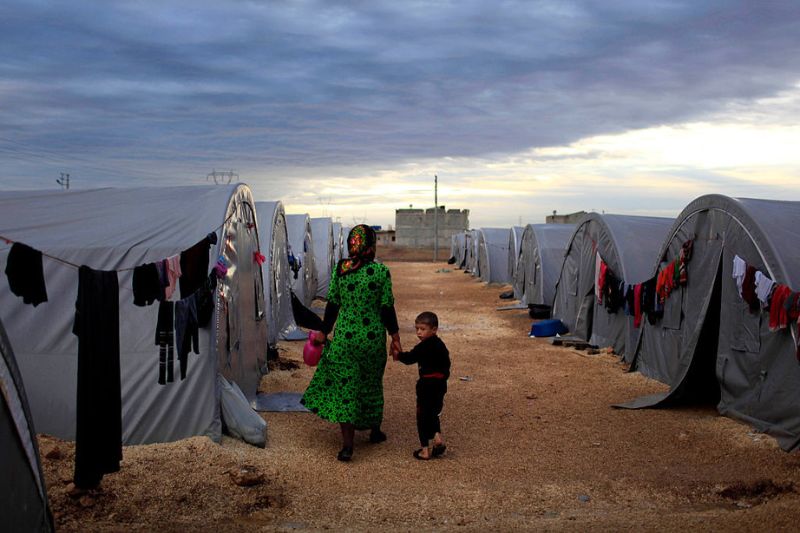
AUSTRALIA
- Andrew Hamilton
- 21 September 2022
1 Comment
July marked the tenth anniversary since offshore refugee processing was introduced in Australia, a step that marked a change in Australian policy from an uneasy balance between respect for people in need and the pressure to deter further arrivals. The principle of deterrence is deeply corrupting because it is based on the conviction that it is acceptable to punish one group of people in order to deter others.
READ MORE 
-
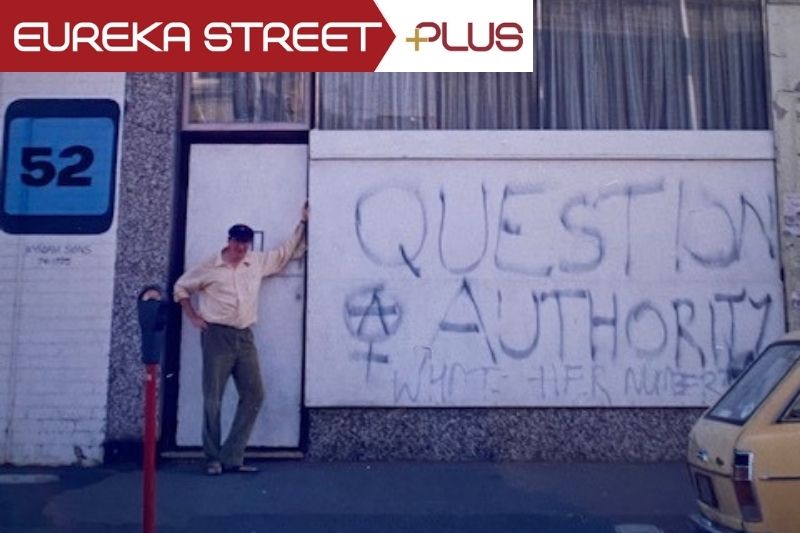
FAITH DOING JUSTICE
- Michael McGirr
- 09 September 2022
5 Comments
The Way had been a community of homeless people, built around difficult but wonderful characters. It taught me more than I can easily say. It was a world where things were not always as they seemed and people did not fit into little boxes. We had many challenging days and relationships with our guys were seldom easy, but there was an energy that found light in unexpected places.
READ MORE 
-
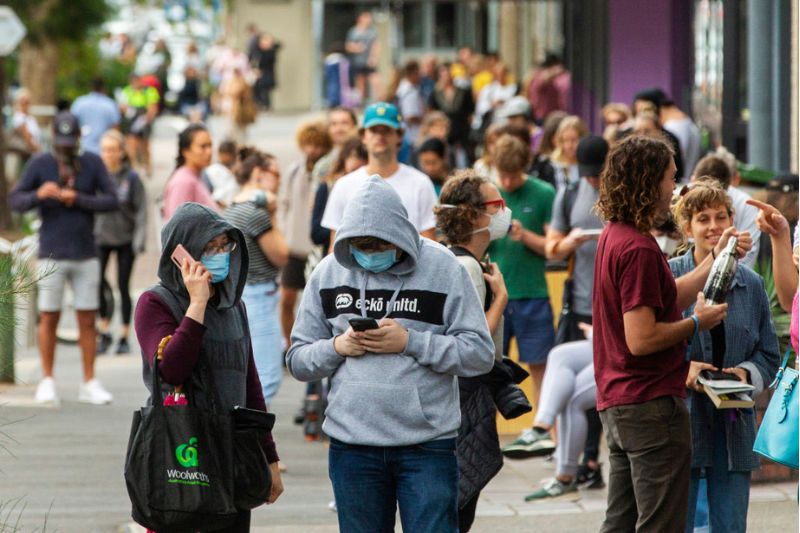
AUSTRALIA
- Barry Gittins
- 03 August 2022
1 Comment
History has repeatedly shown us that what gets us through a crisis, what helps us to recover and rebuild, is responding to it with prosocial behaviour ― working together, starting with our communities at the local level, and from there building mutually supportive relationships at and across every level of society.
READ MORE 
-
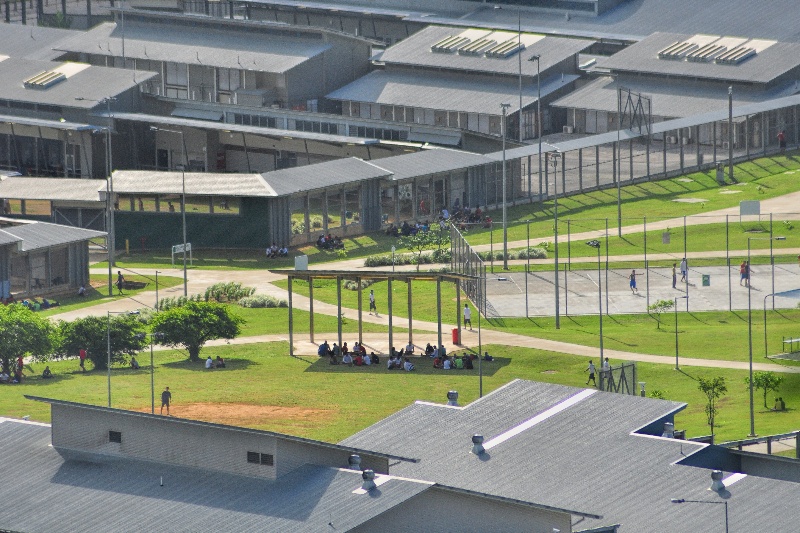
AUSTRALIA
- Maeve Elrington
- 02 August 2022
3 Comments
Former detainee, Kurdish-Iranian refugee Mostafa ‘Moz’ Azimitabar, seeks compensation from the Federal Government for what he alleges was unlawful detention. Detained offshore in Papua New Guinea (PNG) and in Australia for almost eight years, Moz is seeking compensation in the Federal Court of Australia for the physical and emotional toll of his detention, particularly from the final 14 months of detention in two Melbourne based hotels.
READ MORE 
-
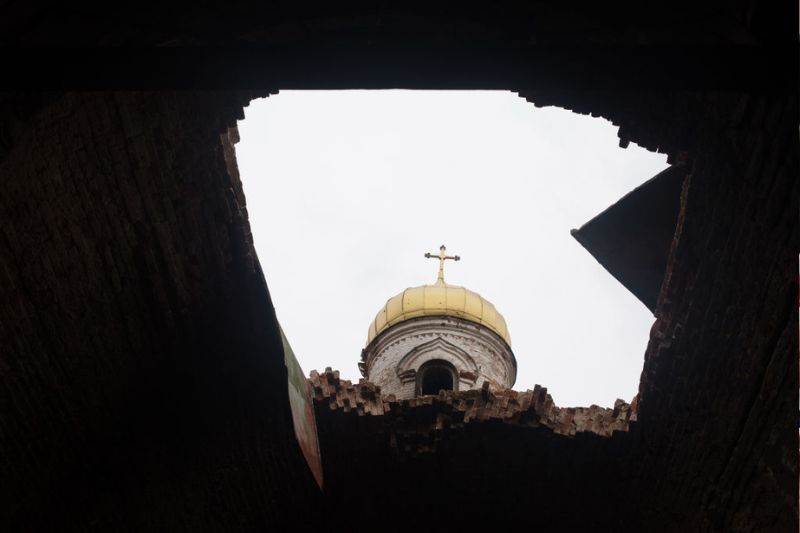
RELIGION
Pope Francis recognised that Moscow’s invasion of Ukraine was ‘perhaps somehow provoked’ and said he was warned before the war that Nato was ‘barking at the gates of Russia’. In an interview with the Jesuit magazine La Civiltà Cattolica the Pope condemned the ‘ferocity and cruelty of the Russian troops’ but warned against a fairy tale perception of the conflict as good versus evil.
READ MORE 
-
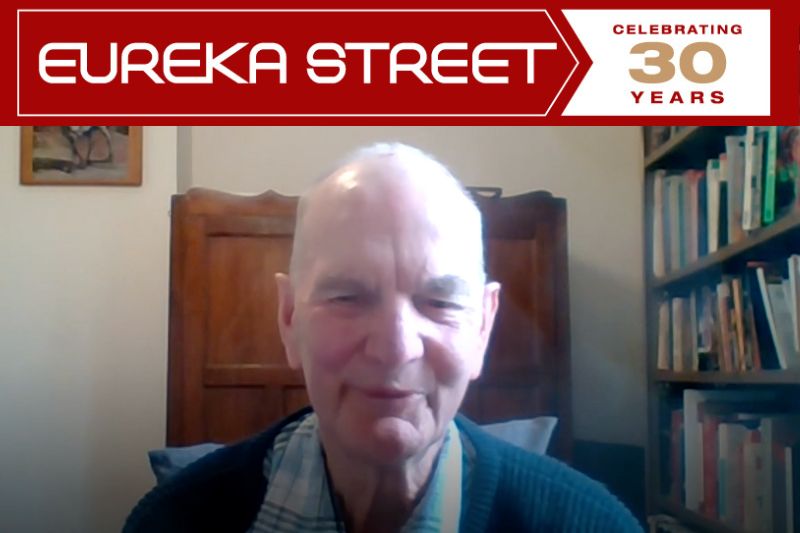
MEDIA
- David Halliday
- 29 June 2022
As part of the 30th anniversary of Eureka Street, we're running conversations with the team who first started the publication in 1991, alongside various people who have played a part in the Eureka Street story. In this video, Eureka Street editor David Halliday speaks with Eureka Street consulting editor Andrew Hamilton SJ.
READ MORE 
-
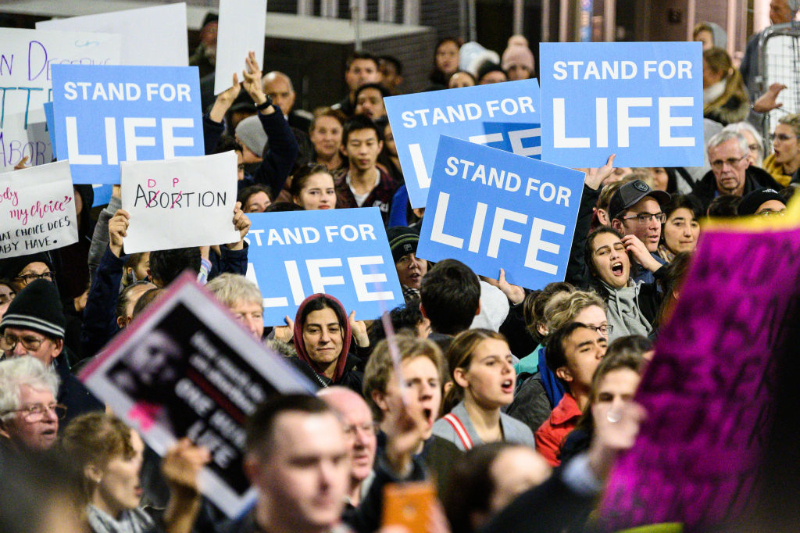
AUSTRALIA
- Michael McVeigh
- 15 June 2022
4 Comments
One would assume that the Victorian Liberal Party has looked at the numbers, and believes that religious conservatives no longer make up a significant proportion of their constituency. Certainly, the moral authority of the Catholic Church and other Christian denominations has taken a battering in the state over the last decade, with many remaining openly hostile to religious perspectives. If the pro-life movement was ever a significant force in Australian politics, that’s no longer the case.
READ MORE 
-
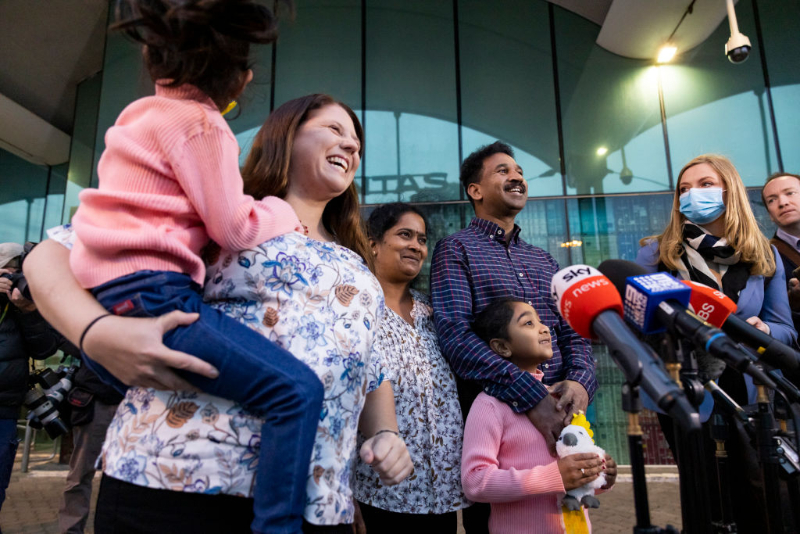
AUSTRALIA
- Binoy Kampmark
- 09 June 2022
4 Comments
In Australia’s treatment of refugees and asylum seekers, notably those arriving by boat, compassion and fairness have rarely threatened a policy deemed cruel, costly and ineffective. The fate of the Muragappan family has been a continuous, scandalising flashpoint about the nature of Australia’s border protection policies.
READ MORE 
-
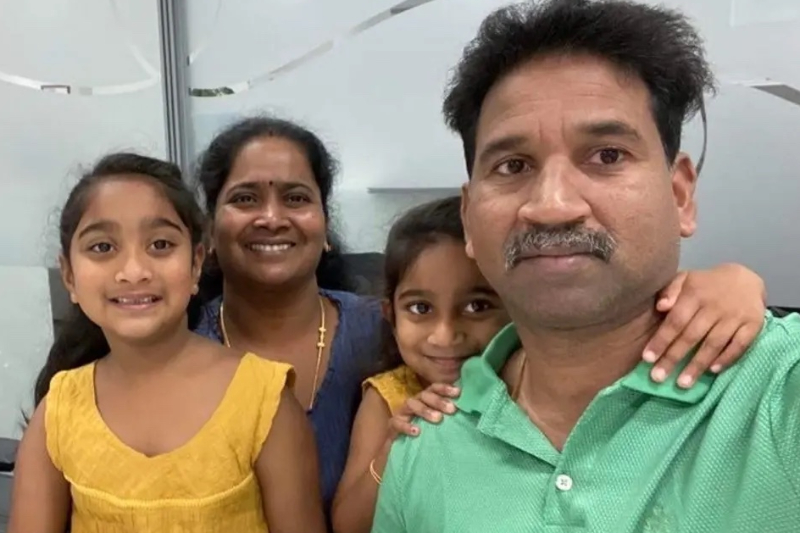
AUSTRALIA
- Kerry Murphy
- 02 June 2022
6 Comments
The case of the Murugappan family illustrates the punitive and puritanical approach of the previous government towards human beings arriving in Australia by boat and then seeking asylum. The tone of each message clearly reflects totally different attitudes towards the people affected, with special note of the fact that Minister Chalmers rang the family to tell them, and then rang people in Biloela to pass on the news.
READ MORE 